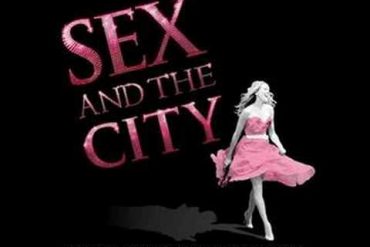US Election: Some Hard Lessons from Brexit for the Democrats.
Brexit continues to lie untouched in the dog’s breakfast bowl, no more appetising in the cold light of day than it was when things started to smell bad on the night of June 23. Hard Brexit, soft Brexit, Brexit over easy on rye, nobody’s quite sure what they ordered. The Scots aren’t planning to shut up and eat what someone else requested on their behalf, that’s clear. Alex Salmond said recently there will be a new independence referendum in 2018.
The US is facing a similar binary choice with one indigestible option on the menu: here are some lessons from a still-suffering Remain supporter.









